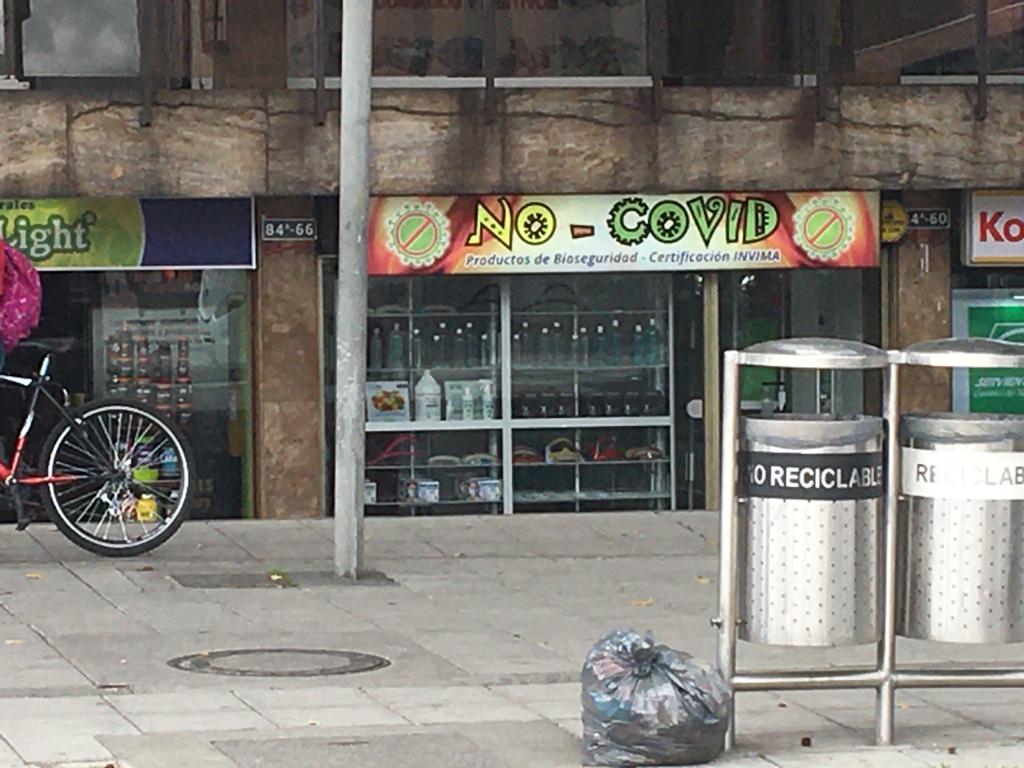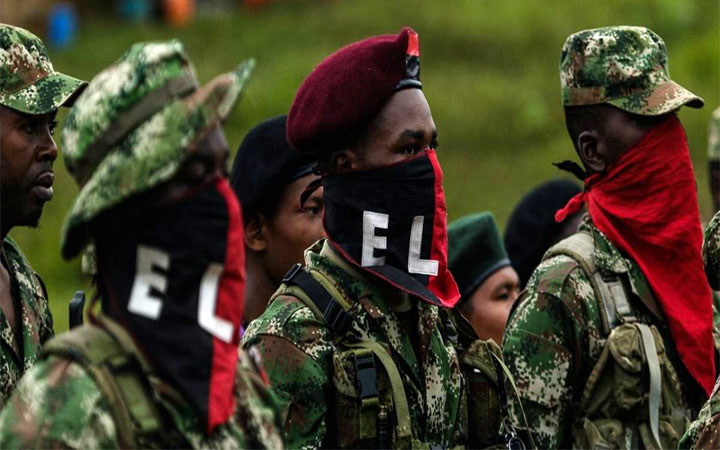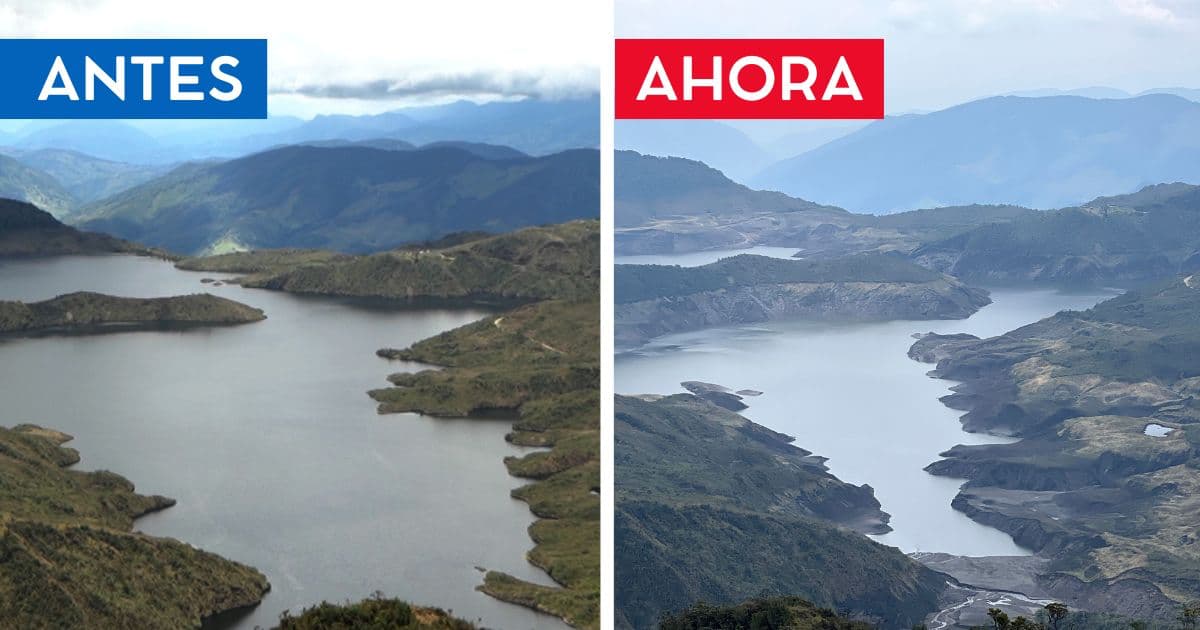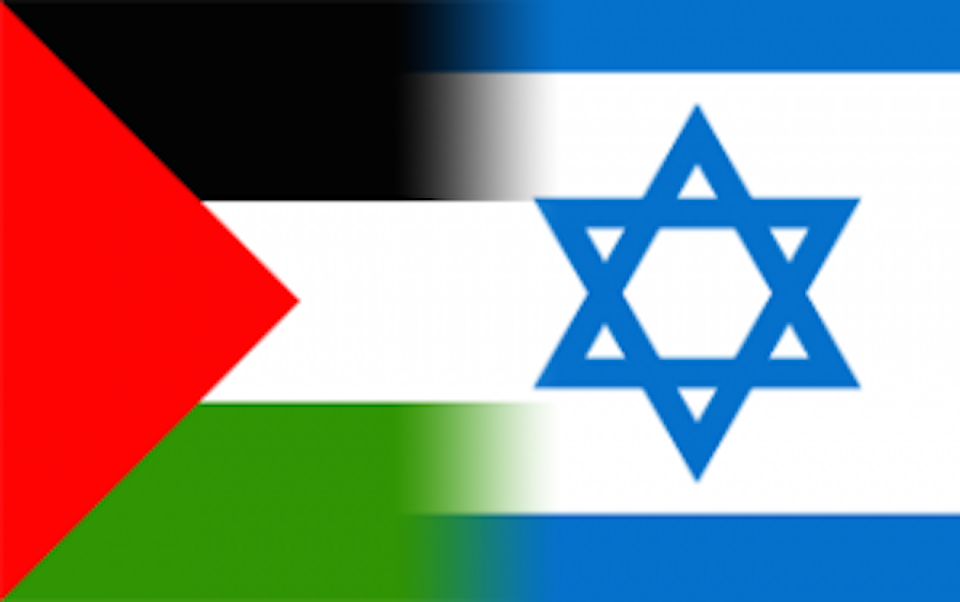
Differences between the two sides continue to cause friction in the ongoing conflict.
The Bogota Post spoke to journalist Moomen Omar Joory, based in Palestine, who gave us an ‘on the ground’ glimpse into the ongoing conflict in the troubled region
The Israeli-Palestinian conflict tends to be a controversial subject, with equally vocal defenders on both sides and accusations of bias levelled at international media from Palestinians and Israelis alike. With this in mind, The Bogotá Post decided to speak to people on both sides of the conflict to get their opinions- this edition we interviewed journalist Moomen Omar Joory, based in Palestine, and in a future edition we will bring you an Israeli point of view.
In recent months, the conflict between Israel and the Palestinians in the Gaza strip has escalated. Fighting between the two sides erupted again on July 8 this year, sparked by the killing of three young Israeli students by Palestinian militant group Hamas. This in turn resulted in an Israeli bombardment of Gaza.
Then, on July 12, a 16-year-old Palestinian named Muhammed Abu Khdeir was found dead near his Jerusalem home, apparently burned to death. Police arrested six Israelis for Khdeir’s murder, telling reporters that the killing was “nationalistic.” In simpler terms, it was a retaliation attack by Jewish extremists for the murders of the three Israeli boys.
Violence continued as the number of Palestinian deaths surpassed the toll of the previous two conflicts combined, until the two sides agreed to a ‘long-term’ ceasefire on August 26.
As a Palestinian living in Nablus in the West Bank and working in local media, journalist Moomen Joory feels passionately about the situation in Gaza. He says, “The latest aggression in the Gaza Strip has been the most cruel and destructive to date. Facilities and homes were targeted, from the public sector to private sector such as electrical plants, water reserves, mosques, churches and even cemeteries.”
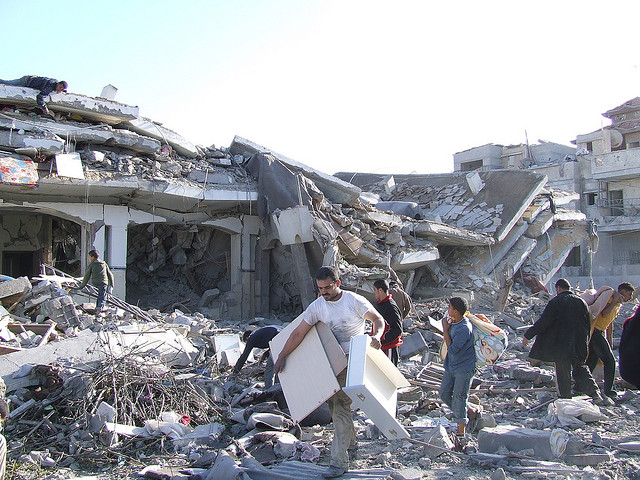
Palestinians gather around a house which officials said was destroyed in Israeli air strikes. Image: RafahKid Kid, Flicker CC BY-SA 2.0
The most recent fighting left 2,100 Palestinians and 73 Israelis dead. There were also 100,000 Palestinians displaced during the seven weeks of fighting, according to the UN.
Speaking before the ceasefire on August 27, Joory described the offensive in the Gaza strip as “unrelenting.” He said, “Every day they raid the homes of some Palestinians and arrest and kill others – there are raids of houses in Nablus and arrests in Jenin.”
Palestinian Authority President Mahmoud Abbas accused Israel of genocide in a speech at the UN General Assembly this week. His speech was deemed “offensive” by the US and Israel.
Israel has previously contended that the high number of Palestinian civilian casualties is caused by militant group Hamas “cynically” using civilians as “human shields”. The practice of deliberately placing civilians in or near targets to deter enemy attacks is illegal under international law, and is an accusation Hamas stridently denies.
Joory, on the other hand, insists that the latest spate of fighting has shown that Israel “does not care about any international law or human rights.”
Both sides of the conflict have been accused of human rights violations.
According to the NGO Human Rights Watch, Israeli forces killed at least 15 Palestinian civilians in the West Bank in 2013, “most in circumstances that suggest the killings were unlawful.” The organisation also accuses Israeli authorities of other violations including destroying homes and property and “forcibly displacing” people.
Previous talks have broken down, with Palestinian negotiators demanding a return to pre-1967 borders which was rejected by the Israeli negotiators.
Turning their attention to Palestinian forces, the group condemned the execution of three Israeli men by Hamas in 2013 and the sentencing of 12 others to death after “unfair” trials. Other alleged human rights violations included arbitrary detention, torture, the beating of peaceful demonstrators and the detention and harassment of journalists.
As the dust settles on the latest round of conflict, Joory says “We need this Israeli aggression to stop, we need Israel to stop infringing on the rights of Palestinians and we need to live in peace in our homes and on our land.”
At the moment a lasting agreement between the Israel – Palestine conflict looks unlikely. Previous talks have broken down, with Palestinian negotiators demanding a return to pre-1967 borders which was rejected by the Israeli negotiators. According to Joory, the next hope for Palestinians is the presidential elections.
However, Prime Minister Rami Hamdallah said in an interview with the Wall Street Journal earlier this month that elections will have to be postponed until at least the beginning of next year due to the recent conflict.
The journalist says that when elections are finally called, he believes that his fellow Palestinians will be looking for candidates who are against the occupation and who want to find a peaceful solution.
He adds, “We will look for someone who supports the right for people to return to Palestine – something which every Palestinian has been denied since 1948 – and for somebody who will free Palestinian prisoners who have been incarcerated for defending themselves.There are international laws that give citizens the right to defend themselves when facing occupation.”


